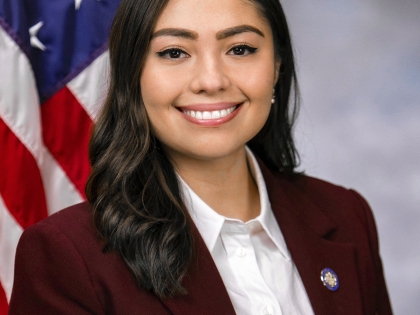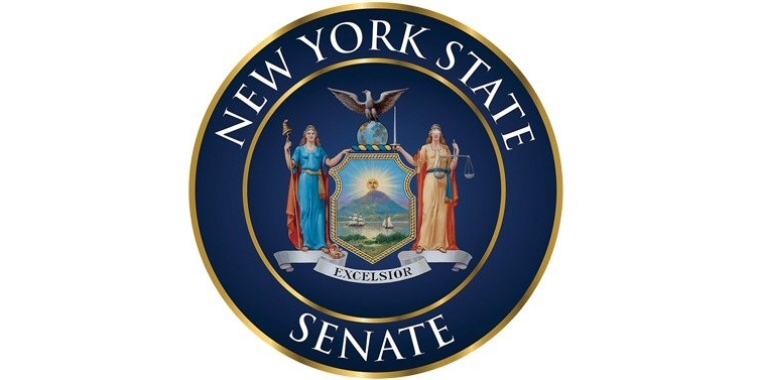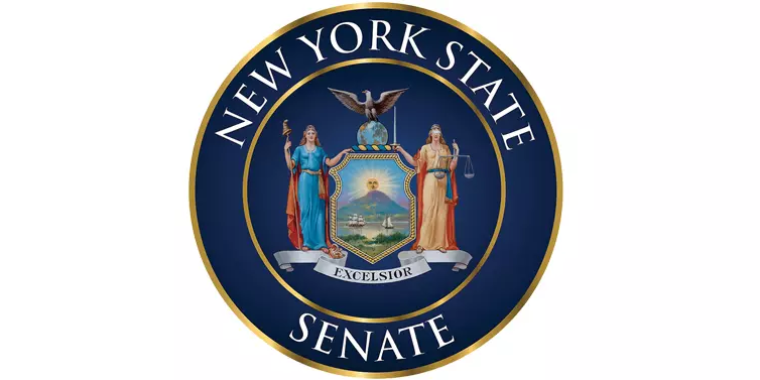
Senator Gonzalez's Bill To Curb Noise Pollution from Non-Essential Helicopter And Seaplane Flights Passes NYS Senate
June 8, 2023

ALBANY, NY - Today, S7216A sponsored by Senator Kristen Gonzalez (SD 59-D/WFP) passed the New York State Senate. The bill establishes a noise tax on non-essential helicopter and seaplane flights. The revenue generated from the tax will go to New York State’s Environmental Protection Fund.
State Senator Kristen Gonzalez said, "Since the pandemic began, noise complaints over helicopter usage have surged. Excessive noise disrupts our sleep, hampers our ability to have meaningful conversations, and directly impacts our overall well-being. These flights also represent a larger issue of the relative few enjoying the convenience of these modes of transportation, while the rest of our city shoulders the burdens of excessive noise and environmental consequences. Therefore, this bill not only aims to disincentivize non-essential flights but also ensures that the larger societal costs of these flights are paid for by those who use these services. I am grateful that the Senate took a stance on this issue, and I look forward to working with my colleagues in the Assembly and with the Governor to make sure this bill becomes law.”
Assemblymember Robert Carroll said, “The proliferation of tourist and commuter helicopter flights over the City harms both our environment and our health. I believe these nuisance flights should be banned, but short of that helicopter operators certainly should be taxed for the costs they impose on our City.”
Key provisions of Senate Bill S7216A include:
Noise Pollution Tax: The bill proposes the establishment of a tax on noise generated by non-essential helicopter and seaplane flights at the rate of fifty dollars per seat ticket, or two hundred dollars per flight, whichever is greater. This tax aims to disincentivize the overuse of helicopters and seaplanes, which currently number in the hundreds of flights per week in NYC. The noise disturbances of flights around the city have been found to have significant health impacts on local constituents, such as high blood pressure, muscle tension, sleep disturbances and stress-related conditions such as ulcers.
311 noise complaints about helicopters have been steadily rising in recent years, surging by nearly 700% at the start of the pandemic.
Revenue Allocation: The revenue generated from the noise pollution tax will be allocated to the State's Environmental Protection Fund. This ensures that the tax proceeds are reinvested in measures that mitigate some of the adverse impacts caused by these flights.
Share this Article or Press Release
Newsroom
Go to NewsroomAdventures in Organizing: Starting a Union
August 30, 2024

A Letter to the NYC Department of City Planning for OneLIC
August 15, 2024
